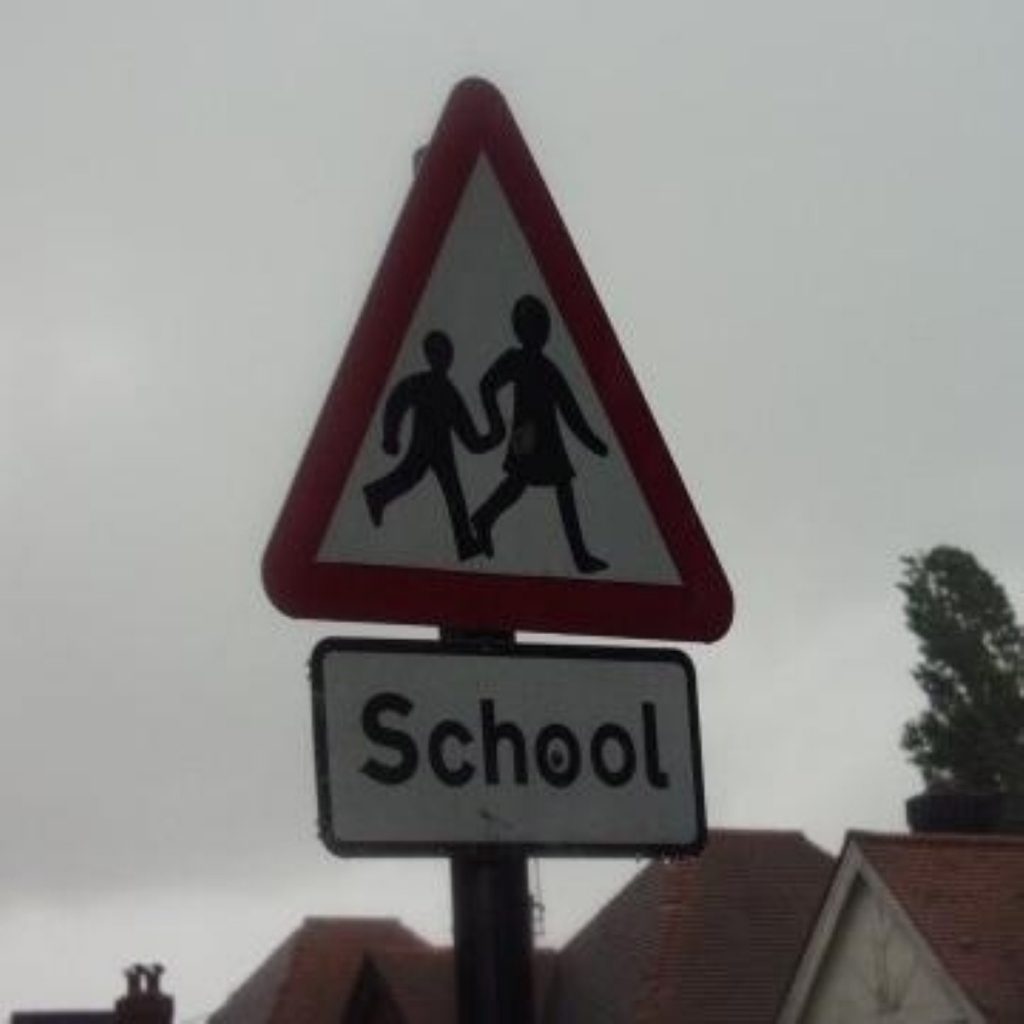School exclusions rise for second consecutive year
Exclusions from schools in England have risen for the second year running, according to figures released by the Department for Education and Skills (DfES) today.
The figures showed that there were 9,540 permanent exclusions from primary, secondary and all special schools in 2001/02, an increase of 4% from the 9,135 permanent exclusions in the previous year.
A vast majority (82%) of the permanent exclusions were boys and 62% of the total permanent exclusions were of pupils aged 13, 14 or 15 at the start of the academic year in 2001/02.
The figures also revealed that Black Caribbean pupils were the most likely to be permanently excluded from English schools. Forty-one in every ten thousand Black Caribbean pupils were permanently excluded compared to two in every ten thousand Chinese pupils.


Despite the figure showing a second consecutive year of increases in pupil exclusions, the number was 25% lower than the high achieved in 1996/97.
David Blunkett when he was Education Secretary, ordered schools to reduce the number of exclusions by a third by September 2002. However, his successor, Estelle Morris, abandoned the target after a number of industrial action ballots from teaching unions complaining that they were being forced to teach unruly children who had been returned to the classroom.
Ms Morris and her successor, the current Education Secretary, Charles Clarke, have attempted to tighten up the rules surrounding the appeals panels’ process.
The latest figures show that whilst the number of appeals lodged by parents has increased to 1,125 compared to 1,095 in the year before. 1,060 appeals were heard in 2001/02 compared to 983 heard in the year before. However, the number of appeals which were returned in the parents favour was reduced to 24.4% in 2001/02 compared to 31.9% of appeals that were won by parents in the year before.
Adult Learning and Skills Minister, Ivan Lewis welcomed the figures as a reason for ‘cautious optimism’
Mr Lewis stated, ‘The overall number of exclusions in 2001-02 has only increased slightly and remains well down on 1997, with the rate of increase considerably less than the previous year. Similarly, while the number of appeals remains constant, the number being upheld by panels has significantly reduced. We are committed to backing head teachers’ authority when pupils’ behaviour warrants exclusion.’
Conservative Shadow Education Secretary, Damian Green argued that it was a good thing that the Government had dropped its target for permanent because the latest figures would of meant that the Government would of missed the target.
Mr Green commented, ‘For the minister to say that he greets these figures with ‘cautious optimism’ shows extraordinary complacency, exclusions are rising and the number of appeals against exclusion, which take up so much time for busy head teachers, are also rising.’
‘Unless the Government tackles the underlying cause of rising violence and indiscipline in our schools, by backing the authority of heads and teachers and not interfering in the way schools are run, this problem will continue to get worse.’

